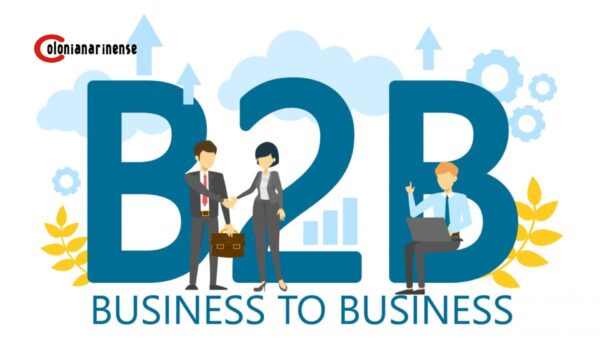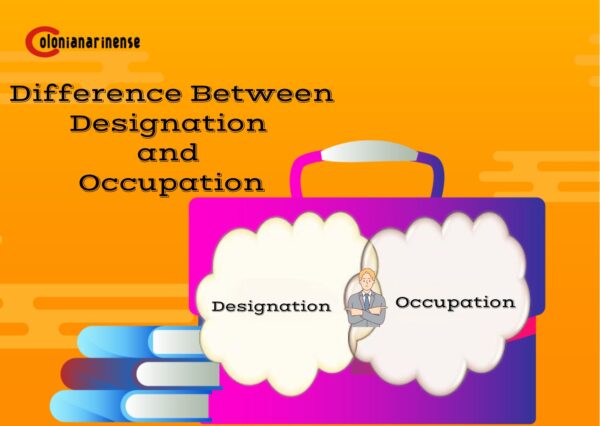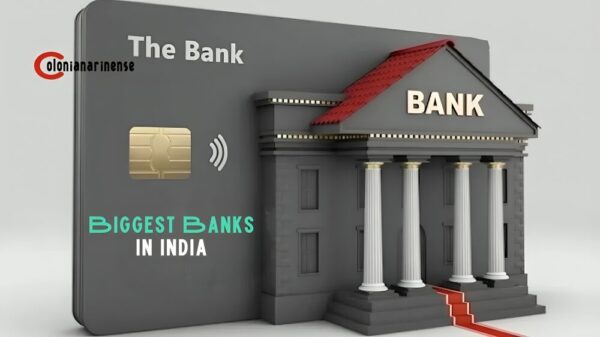When you examine the different business models out there, the B2B (Business-to-Business) model stands out as one of the most successful. Its ability to generate substantial revenue and offer significant growth potential makes it a proven strategy. In a B2B setup, businesses provide products or services to other businesses rather than directly to consumers. This field has been expanding rapidly, with more entrepreneurs stepping into the B2B space, recognizing its opportunities for scalability and growth.
However, while there is much optimism around B2B, there are also a few nuances and potential challenges to be aware of. For anyone considering starting a B2B business, understanding both the pros and cons is essential to making informed decisions and building a solid foundation from the outset.
B2B Pros and Cons
To help you get a clearer picture, we’ve outlined the key advantages and disadvantages of the B2B business model. Let’s dive in and see what lies ahead for those venturing into this space.
Advantages of Business-to-Business (B2B)
1. Predictable Market Behavior
One of the biggest strengths of the B2B model is its ability to provide relatively predictable market trends, unlike models such as B2C or D2C, where shifts can happen overnight. In B2B, market movements tend to be gradual, offering more stability. This predictability allows businesses to plan ahead, adapt their strategies, and make calculated decisions that align with long-term growth. The consistency in demand also enables businesses to develop lasting relationships and expand their client base steadily.
2. Stronger Customer Loyalty
B2B transactions often involve longer contracts and ongoing relationships, which naturally foster customer loyalty. Because deals are carefully negotiated over time, and switching suppliers isn’t done on a whim, businesses can count on a steady stream of repeat clients. This loyalty translates into reliable revenue and strengthens the company’s market positioning, giving them a solid base from which to grow.
3. Larger Deals, Higher Sales Volume
In the B2B space, the size of each deal tends to be significantly larger than in B2C. Instead of selling individual products to customers, B2B transactions often involve long-term contracts or bulk orders, sometimes reaching into the millions. This means fewer clients can yield much larger returns, allowing businesses to focus on quality over quantity. The ongoing nature of many B2B deals also ensures continuous income streams, contributing to the overall stability and scalability of the business.
4. Lower Marketing and Operating Costs
B2B marketing is more targeted, which often results in lower advertising costs compared to B2C models. Rather than running expensive, broad-reaching campaigns, B2B businesses can focus on a narrower audience through direct outreach, referrals, and niche advertising. Additionally, many B2B processes, from deal management to supply chains and invoicing, are automated, reducing operational overhead and streamlining workflows.
5. Data-Driven Operations
Automation in the B2B sector leads to a more data-centric approach. Companies can gather and analyze data at every step of the process, from customer behavior to supply chain efficiency. This data allows for more informed decision-making, helping businesses optimize operations, cut costs, and improve customer experiences. In an industry where precision and efficiency are key, having access to reliable data can be a huge advantage.
Disadvantages of Business-to-Business (B2B)
1. Limited Market Size
One downside of the B2B model is its smaller potential customer base compared to B2C. While B2C businesses can target a large, diverse audience, B2B companies cater to a more niche market. This can make scaling a B2B business more challenging, as there are fewer clients to target, and growth may require expanding into new markets or industries to keep the business growing.
2. Strong Customer Bargaining Power
With fewer clients to work with, the balance of power often shifts towards the customer in B2B deals. Since these deals involve large transactions and long-term commitments, customers typically have more leverage when it comes to negotiating prices, payment terms, and contract details. This can put pressure on B2B businesses to offer discounts or extended credit terms, which may cut into profit margins, especially for smaller companies.
3. Longer Sales Cycles
Closing a B2B deal is a much more complex and time-consuming process compared to B2C transactions. Negotiations can take weeks or even months, with multiple stakeholders involved in decision-making. The larger the deal, the longer the sales cycle, which can delay revenue generation and slow down the business’s ability to scale quickly. This extended process often requires patience and a strategic approach to relationship building.
Final Thoughts
The B2B business model offers substantial advantages, particularly in terms of market predictability, customer loyalty, and large-scale transactions. These factors make it an attractive option for businesses looking for long-term growth and stability. However, it also comes with its own set of challenges, including a smaller market size and longer deal cycles. Success in B2B requires careful planning, strong negotiation skills, and a deep understanding of the industry.
For anyone entering the B2B space, understanding both the upsides and downsides of the model is crucial. With the right approach, B2B businesses can build long-lasting relationships and generate significant revenue. Just make sure to be prepared for the unique challenges this model presents and approach it with the strategic mindset needed for success.




